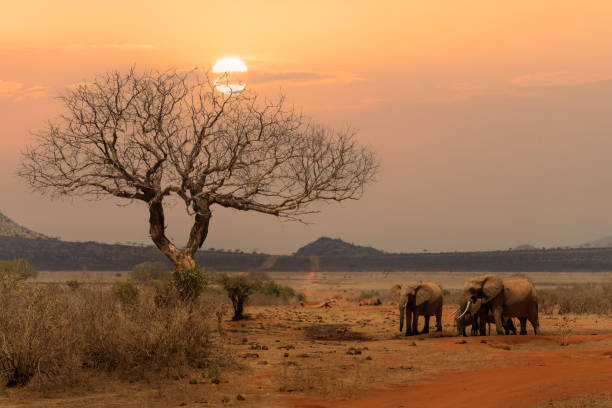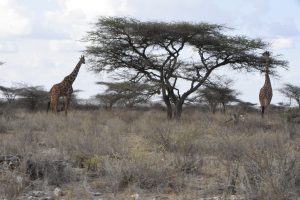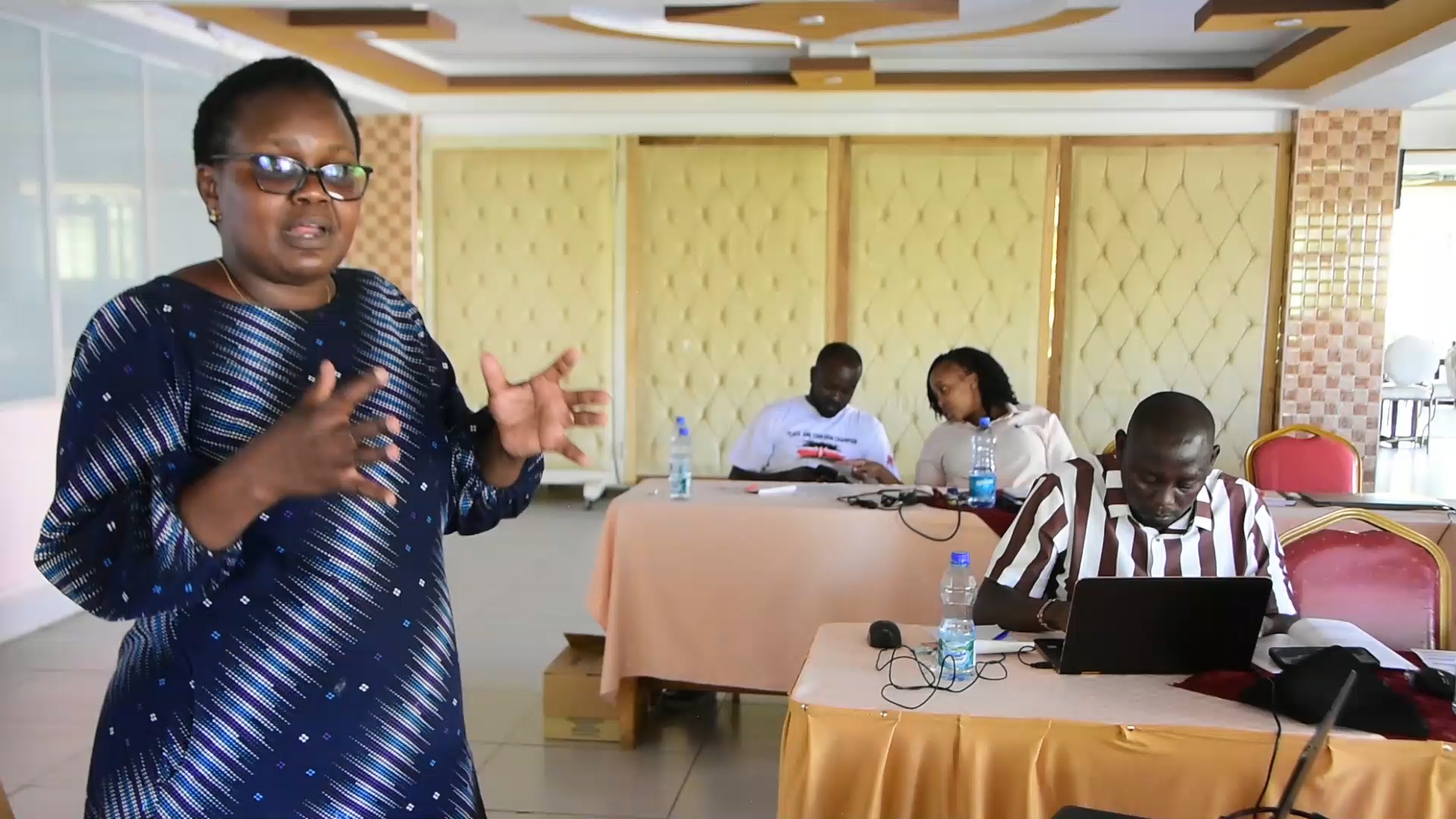Conservation or Land Grabbing? Did Court Ruling Expose Northern Rangelands Trust?

Conservation or Land Grabbing? The Northern Rangelands Trust Controversy
In a landmark ruling that has rocked Kenya’s conservation sector, the High Court in January declared that the Northern Rangelands Trust (NRT) was operating illegally in Isiolo’s Cherab ward. This ruling reignited the longstanding debate on the fine line between conservation efforts and community land rights.
For the 165 residents who had filed the petition in 2021, the court’s decision was a long-awaited triumph. Many pastoralist communities accused NRT of alienating vast tracts of their ancestral land without consent, disrupting livelihoods and restricting access to crucial grazing areas. Cultural heritage sites, integral to the traditions of these communities, were also absorbed into conservation zones, sparking outrage.

Hassan Shano, a vocal activist, hailed the ruling as a victory for marginalized communities. “Land is the backbone of our survival. It belongs to the people, and no one should take it away without their consent,” he declared outside the Isiolo courthouse.
Despite the court’s ruling, the decision has divided opinions. NRT, which manages conservancies across northern Kenya, has been instrumental in wildlife conservation, peacebuilding, and economic development. Some fear that shutting down its operations could come at a steep price.
“We stand to lose a lot if NRT is forced out. They have provided employment, education programs, and even security support in an area where government presence is minimal. What happens to those livelihoods now?” questioned Adan Denge, a resident who has benefited from NRT’s initiatives.
The organization has received global recognition for its conservation efforts and role in fostering reconciliation between warring pastoralist communities. Its CEO, Tom Lalampaa, defended NRT’s work, arguing that the trust has been at the forefront of peace and development in the region.
The three-judge bench of the Environment and Land Court (ELC) found that NRT had failed to secure community consent before establishing conservancies. There was no evidence of public consultations or proper legal processes before the organization took over large portions of community land. Additionally, the county government and the Ministry of Lands were faulted for failing to register the land properly, leaving it vulnerable to external control.
As a result, the court issued a permanent injunction against NRT’s activities in Cherab ward and ordered the Kenya Wildlife Service (KWS) to revoke any licenses issued to the organization. The Isiolo County Commissioner and Police Commander were directed to enforce the ruling and maintain peace.
A Precedent for Land Rights?
This case has implications beyond Isiolo, as similar disputes over land rights and conservation are common across Kenya. Critics argue that while conservation is crucial, it should not lead to human displacement or economic disenfranchisement. The ruling is expected to embolden other communities to challenge conservation initiatives that they believe infringe on their rights.
With Chari and Cherab communities recently receiving certificates of land registration, the tide is turning in favor of formal land ownership. Whether NRT will appeal the ruling remains to be seen, but the case has already set the stage for a broader conversation about conservation policies in Kenya.
The Bigger Question
As Kenya grapples with balancing conservation and community rights, one pressing question remains: can the two coexist in a way that benefits both people and nature? The upcoming legal battles and policy shifts will likely shape the future of conservation in the country, with implications far beyond Isiolo’s rangelands.



